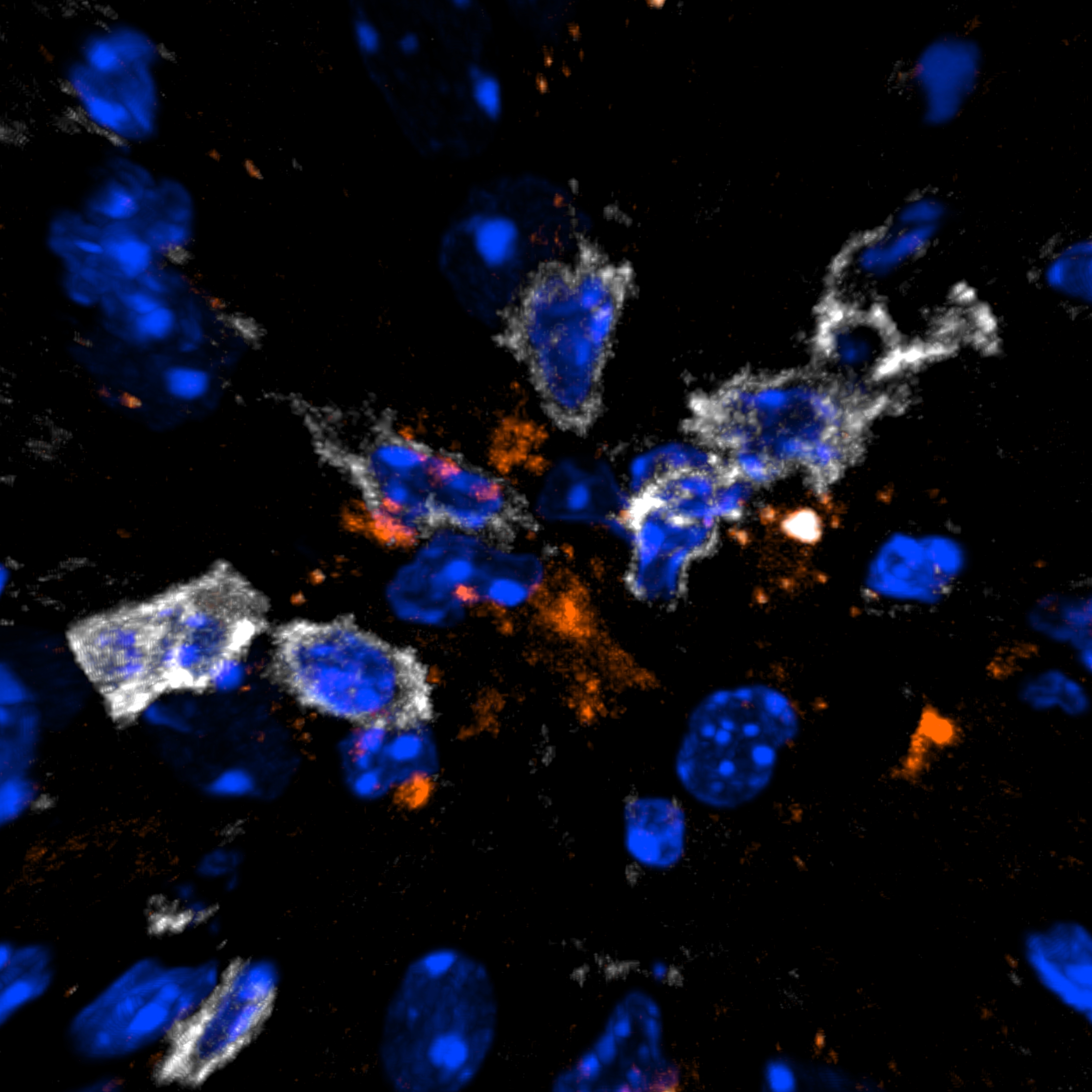Mechanisms of disease pathogenesis in a coronavirus-induced model of Multiple Sclerosis
Multiple Sclerosis (MS), the inflammatory disease of the central nervous system (CNS), is known to be caused by genetic and environmental risk factors. Viral infections are a key risk factor determining disease onset and exacerbation in genetically-predisposed individuals. Infection of immune-compromised mice with the mouse hepatitis virus (MHV), a murine coronavirus, results in a demyelinating, paralytic disease that can serve as a useful model of virus-induced neuroinflammatory disease. While antibodies are known to protect against coronavirus-induced disease, the mechanisms of T-cell mediated pathogenesis in B cell-deficient mice remain incompletely described. This project uses genetic models and transcriptomic studies to elucidate the pathogenesis of virus-induced demyelinating disease.

Related publications
Grabherr S., Ludewig B., and Pikor NB. Insights into coronavirus immunity taught by the mouse hepatitis virus. Eur J Immunol. (2021) 51(5):1062-1070.
external page https://www.ncbi.nlm.nih.gov/pmc/articles/PMC8250324/